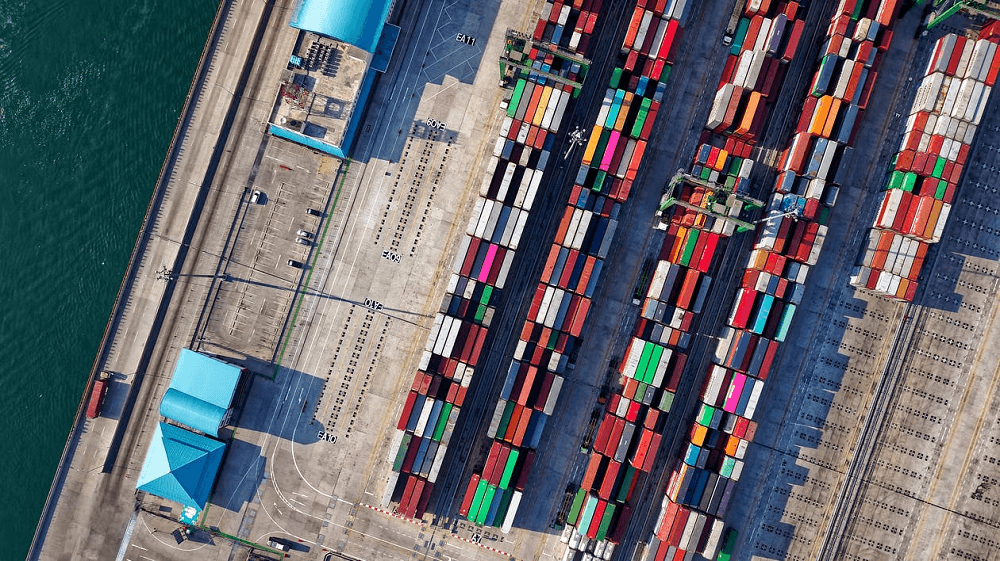International trade connects buyers and sellers across the globe, but it also brings complexities in shipping and logistics. To navigate this, Incoterms, international commercial terms, define the responsibilities and risks in shipping arrangements. Among these, DDP Shipping, is one of the most comprehensive terms for sellers. In DDP contracts, the seller assumes almost all responsibilities, so understanding liability and risk transfer is crucial for successful trade, especially for businesses involved in import from China to Pakistan.
What is DDP Shipping?
DDP Shipping means the seller takes on full responsibility to deliver the goods to the buyer’s destination, paying for all costs, including transportation, import duties, taxes, and customs clearance. The seller handles nearly every part of the shipping process, while the buyer’s role is mainly receiving the goods. Compared to other Incoterms like FOB (Free on Board), where the buyer covers shipping risks after the goods pass the ship’s rail, or CIF (Cost, Insurance, Freight), where the seller pays for insurance and freight but risk transfers earlier, DDP places the maximum burden on the seller.
Liability in DDP Contracts
In DDP contracts, the seller carries all liability for the goods until they are delivered to the buyer’s premises. This includes ensuring the goods safely reach the destination, paying customs duties, and handling all paperwork. Buyers only assume liability once the shipment is delivered. This arrangement can be confusing because many people wrongly assume buyers handle customs duties, but with DDP Shipping, the seller is responsible for import from China to Pakistan and all related charges.
Risk Transfer in DDP Shipping
The risk transfer in DDP occurs only when the goods are physically delivered to the buyer. This means if goods are lost, damaged, or delayed in transit, the seller bears the loss. For example, if a shipment damaged in air cargo services or during transport in china to pakistan shipping, the seller must cover insurance claims or replacement costs. This makes insurance a critical element for sellers in DDP contracts to protect against unexpected risks during transit.
Legal Considerations in DDP Shipping
Following legal requirements and customs regulations is essential for DDP contracts. Since the seller pays import duties, any errors in customs declarations or non-compliance can lead to penalties or shipment holds. A well-drafted contract should specify clear terms on liability and risk transfer to avoid disputes. This clarity becomes especially important when dealing with complex logistics and multiple cargo services providers in Pakistan cargo services.
Challenges and Risks for Sellers
While DDP Shipping offers buyers convenience, sellers face significant challenges. The financial burden of all shipping costs, customs clearance, and potential delays rests with them. If duties or taxes are underestimated, sellers may suffer unexpected losses. Delays at customs in Pakistan may hold shipments longer, increasing costs and risking buyer dissatisfaction. These risks mean sellers must partner with experienced logistics companies familiar with china to pakistan shipping regulations.
Challenges and Risks for Buyers
Buyers find DDP attractive because it simplifies their role, but this comes with some risks. Buyers relinquish control over the shipping and customs process. If sellers mishandle cargo services or air cargo services, buyers may face untimely deliveries or damaged goods. Disputes sometimes arise over when the risk transfers or who is responsible for damages prior to delivery. Choosing reliable sellers and understanding contract terms helps buyers mitigate these risks.
Best Practices for Managing Liability & Risk in DDP
To effectively manage liability and risk in DDP Shipping, business partners should:
- Use clear contracts specifying DDP Incoterm responsibilities.
- Confirm sellers carry adequate insurance covering the full shipping process.
- Work with trusted logistics companies and customs brokers experienced in China to Pakistan shipping.
- Negotiate shared responsibilities where possible to reduce risks.
- Regularly review shipment tracking and customs clearance status for transparency.
These practices help both buyers and sellers navigate complexities involved in import from China to Pakistan safely and efficiently.
DDP vs. Other Shipping Terms: Which to Choose?
DDP Shipping is ideal for buyers who want a hassle-free import experience, with sellers taking care of all customs duties and shipping logistics. For sellers, high financial responsibility may make alternatives like FOB or CIF preferable. FOB limits seller responsibility before loading, and CIF adds insurance responsibility but limits risk transfer location. Understanding the pros and cons of each term helps businesses select the right option for their trade needs.
Conclusion
Liability and risk transfer in DDP Shipping contracts define who bears costs and risks at different trade stages. Sellers carry broad responsibilities in DDP, making contract clarity, legal compliance, and insurance essential. Buyers benefit from DDP’s simplicity but must trust the seller’s logistics handling. When dealing with cargo services or air cargo services, especially for china to Pakistan shipping, consulting with experienced trade experts is highly recommended. For reliable and professional DDP Shipping solutions, EB Logistics offers expert guidance and comprehensive services to ensure your shipments arrive safely and on time.
